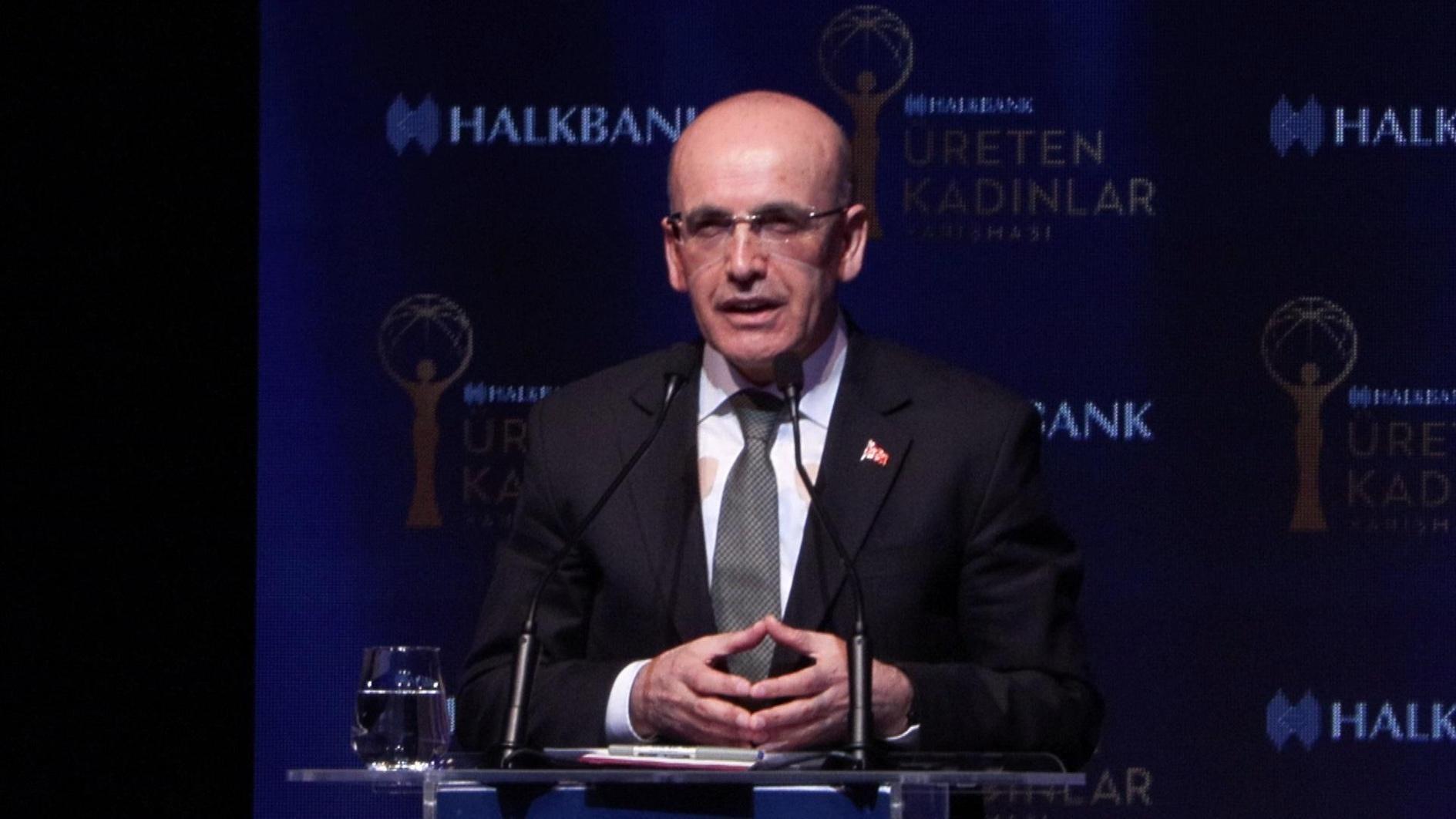‘Kurds are the primary US partner in Iraq and Syria’
Last week I had the chance to have a tête-à-tête conversation with Richard Haass, president of the Council on Foreign Relations (CFR), one of the United States’ most established think tanks. He was in Istanbul for the publication of the Turkish edition of his latest book, “Foreign Policy Begins at Home.”
Haass is one of the most prominent thinkers and policy-makers in the U.S., having coordinated Washington's Iraq and Afghanistan policies at critical times. He was a close adviser to Secretary of State Colin Powell during the Iraq and Afghanistan wars, special assistant to President George W. Bush during the Gulf War, and also the special envoy for the Northern Irish peace process.
First of all: What is the current status of Turkey-U.S. relations? Haass thinks the relationship is “not good” and is going through a very difficult phase. “We are technically and legally still allies, but strategically we are not on the same page. We’ve got real differences in how we assess the situation and what should be done,” he said.
Haass underlined that the U.S.’ strategic priority in Iraq and Syria is weakening the Islamic State of Iraq and the Levant (ISIL). Then come other goals such as the fall of President Bashar al-Assad: “But Turkey doesn’t share these priorities and has alternative ones.” According to him, the U.S. has not been able to convince Turkey and its regional allies to put forces on the ground. As such, Kurds and the Sunni tribes have become their only ally on the ground. “You can’t defeat ISIL from the air. You can only hurt them from the air. So you need ground forces,” he said.
In a key remark, Haass said Kurds today were the U.S.’s primary partner in Iraq and Syria. He acknowledged that Turkey was preoccupied with the Kurds in terms of a nationalist context and that the U.S. was differentiating between the Kurds in Iraq and Syria as a partner on one hand and the situation inside Turkey on the other hand. He defined the ideal outcome as follows: A greater Kurdish military role in Iraq and Syria and\ at the same time, the end of the Kurdish military campaign inside Turkey.
Haass said he supported the idea of a “mini Kurdistan” composed of Kurds within Iraq and Syria but with Turkey’s Kurds kept outside of it. However, is it possible to keep this structure “mini”? The only other option is to set up an fully independent Kurdistan, he said.
So, does Washington support a “mini Kurdistan?” According to Haass, at the moment the U.S. prefers a single Iraq and Syria, with Kurds having autonomy rather than independence. However, he thinks that this is no longer a realistic future and we have already passed that point. He added that there was a great willingness in Washington to work directly with the Kurds in Iraq, rather than through Baghdad, and also increasingly in Syria.
Is the U.S. softening its stance toward al-Assad and has it started considering him as a partner? Haass' answer was crystal clear: “Certainly not.” He emphasized that it was a question of priorities and that the biggest current threat in Syria for the U.S. is ISIL, not al-Assad. “In foreign policy you need to declare your priorities and focus on what’s the most important and urgent for you,” he said.
The future of Syria does not lie within national parameters anymore, he also suggested. “Syria has already split. Al-Assad or someone like him will rule the Alawite area, not the entire country. Kurds will have significant autonomy. And Sunni areas will be struggled over by ISIL and various tribes.” He foresees the same scenario for Iraq, with an Iranian-influenced part in the south and most of Baghdad, a Kurdish area, and then the Sunni area being the struggle point.
What about the Free Syrian Army (FSA)? Haass is skeptical. He believes the FSA won’t have a meaningful role to play in the foreseeable future. “We may have missed an opportunity by not doing more for the Syrian opposition three years ago,” he said, while repeating that working with Kurds and Sunni tribes is the best near-term strategy for the U.S. “You don’t have a national alternative anymore, but instead a Kurdish, Sunni and Alawite alternative to al-Assad,” he said.
Last but not least: How does one narrow down the gap between Turkey and the U.S., which I call the “strategic disconnect”? Haass sees Turkey’s support for the Kurds as the key game-changer for bilateral relations.
Still, no matter how big the “strategic disconnect” is, the two countries will certainly stay connected throughout this period of historic turbulence. But it appears that this connection will only be at the tactical level for the foreseeable future.











